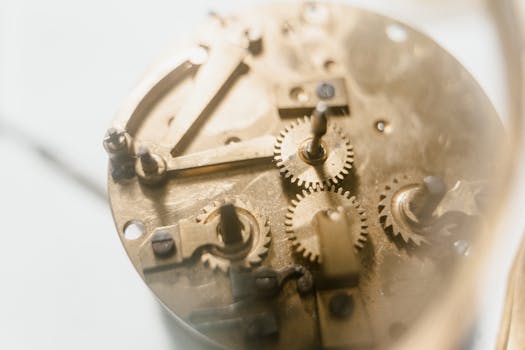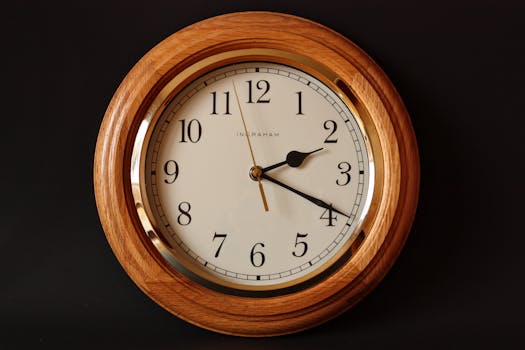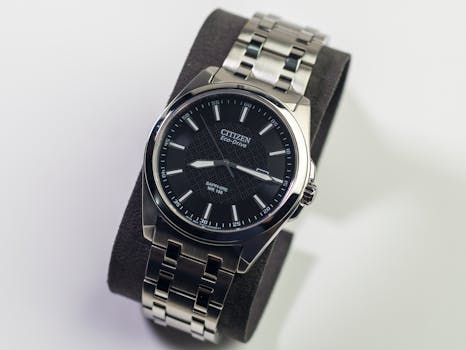
Understanding Watch Movements: Mechanical vs. Quartz Explained
Takeaways: This article provides a detailed overview of the two primary types of watch movements: mechanical and quartz. By understanding the differences, advantages, and disadvantages of each, you can make an informed choice when selecting a watch that aligns with your lifestyle and preferences.
Watches have been an essential accessory for centuries, serving not only as timekeepers but also as expressions of style and craftsmanship. Among the main components that define a watch’s functionality and character is its movement. In this article, we will explore the two most prevalent types of watch movements: mechanical and quartz. Understanding these movements will help you appreciate the intricacies of horology and aid in choosing the right watch for your needs.
What is Mechanical Movement?

There are two main types of mechanical movements: manual and automatic. Manual movements require the wearer to wind the watch regularly, while automatic movements self-wind through the natural motion of the wrist. This self-winding feature is made possible by a rotor that moves with the wearer’s movements, transferring energy to the mainspring.
One of the most significant advantages of mechanical movements is their longevity. With proper care, a mechanical watch can last for generations. Furthermore, many enthusiasts appreciate the craftsmanship and artistry behind these watches, making them highly collectible. However, they do require regular maintenance and can be more susceptible to accuracy issues compared to quartz movements.
What is Quartz Movement?

One of the most notable advantages of quartz movements is their accuracy. Quartz watches can maintain time within a few seconds per month, significantly outperforming most mechanical watches. Additionally, quartz movements require minimal maintenance and are generally more affordable than their mechanical counterparts.
However, some watch enthusiasts may view quartz watches as less desirable due to their lack of mechanical intricacy and craftsmanship. While quartz watches can be made to look elegant and stylish, they often do not carry the same artistic allure as mechanical watches.
Comparing Mechanical and Quartz Movements

- Accuracy: Quartz watches are superior in accuracy, with minimal deviation over time, while mechanical watches can be less precise and require adjustments.
- Maintenance: Mechanical watches require regular servicing, often every 3 to 5 years, while quartz watches typically only need battery replacements.
- Craftsmanship: Mechanical watches are often valued for their intricate designs and artistry, appealing to collectors and enthusiasts who appreciate horological craftsmanship.
- Cost: Generally, quartz watches are more affordable than mechanical watches, making them accessible to a broader audience.
- Emotional Connection: Many wearers find a deeper emotional connection to mechanical watches due to their history and the skill involved in their creation.
Ultimately, the choice between mechanical and quartz movements comes down to personal preference. Some individuals cherish the artistry and tradition of mechanical watches, while others prefer the reliability and convenience of quartz.
Conclusion







